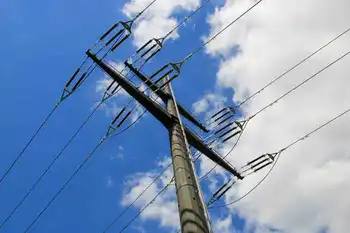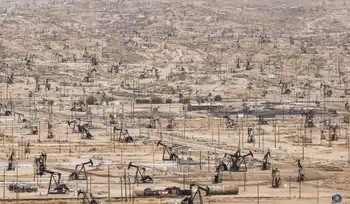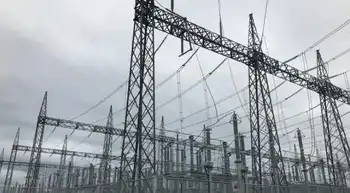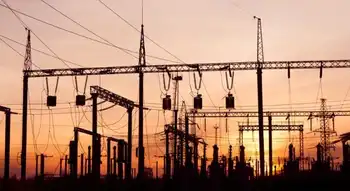Nuclear fuel in China now a domestic venture
Beijing -- - After several decades of development, China's nuclear fuel industry has established a complete industrial cycle. At present, China's nuclear power stations in service all use nuclear fuel produced in China.
General Manager Kang Rixin of the China Nuclear Energy Industry Corporation told this reporter that, judging from current known deposits, China's uranium would be able to satisfy the development of the nuclear power industry.
He said: China has established an industrial cycle for nuclear fuel, including the prospecting and mining of uranium ore, the extraction of uranium, the separation of uranium isotope, the production of nuclear fuel cartridges, the processing of exhausted fuel, the protection of nuclear safety, environmental protection, and handling of waste.
In certain key links, China's nuclear fuel industry has made progress by leaps and bounds in improving production capacity and raising its technological level.
In some important areas, we are close to, or have reached, advanced world standards. At present, China's uranium enrichment has developed from diffusion to centrifugation, greatly increasing efficiency and reducing production cost. The annual production capacity reached 1,100 metric tons of separation power [Chinese: fen li gong].
China has designed and manufactured a 300,000 kW pressurized water reactor fuel cartridge and it has operated for 10 years without damage or distortion. Through absorbing technologies from France, we are now capable of producing a 900,000 kW pressurized water reactor fuel cartridge at home and its quality can reach the advanced world standards. Domestically produced fuel element for a heavy water reactor have now been used in refuelling at the Qinshan third phase nuclear power station.
Related News

Starting Texas Schools After Labor Day: Power Grid and Cost Benefits?
TEXAS - As Texas faces increasing demands on its power grid, a new proposal is gaining traction: starting the school year after Labor Day. This idea, reported by the Dallas News, suggests that delaying the start of the academic year could help alleviate some of the pressure on the state’s electricity grid during the peak summer months, potentially leading to both grid stability and financial savings. Here’s an in-depth look at how this proposed change could impact Texas’s energy landscape and education system.
The Context of Power Grid Strain
Texas's power grid, operated by the Electric Reliability Council of Texas (ERCOT), has…




